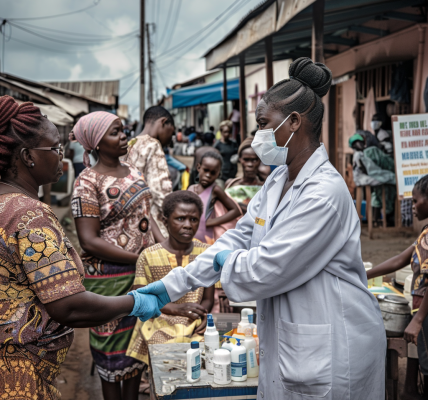Female cancer survivors have been found to be at low risk of developing obstetric complications, according to a recent study by researchers from the Universities of Birmingham, Bristol, and Edinburgh. The study, funded by Children with Cancer UK, the Brain Tumour Charity, and the Academy of Medical Sciences, was published in the Lancet Oncology.
Breast cancer, the most prevalent cancer in the UK affecting around 55,000 women annually, was a key focus of the research. The World Health Organization reports that approximately 15% of pregnant women may face obstetric complications that could be life-threatening.
An analysis of data from nearly 100,000 female cancer survivors diagnosed between 1971 and 2006 revealed that the risk of obstetric complications among these survivors was significantly lower compared to the general population. Specifically, data from the study indicated that most expectant mothers had a low likelihood of experiencing complications during pregnancy or childbirth.
However, the study also highlighted that certain types of cancer, such as leukaemia, cervical, and breast cancers, showed an increased risk of complications. In contrast, cancers like bladder, kidney, cervix, or ovary cancer were associated with a lower risk of multiple complications.
Recommendations from the researchers include the introduction of formal guidelines to provide support for cancer survivors during pregnancy. These guidelines aim to help obstetricians identify individuals at higher risk of complications and offer enhanced monitoring and interventions to improve pregnancy outcomes.
Dr. Raoul Reulen, the lead senior author of the study from the University of Birmingham’s Institute of Applied Public Health, emphasized that cancer survivors without cervical cancer or leukaemia can feel reassured about their risks when entering pregnancy, as their risks for most obstetric complications do not significantly differ from those in the general population.
The findings of this study provide valuable insights for healthcare professionals and cancer survivors alike, emphasizing the importance of tailored support and monitoring during pregnancy for individuals with a history of cancer.
Tags: Academy of Medical Sciences, Brain Tumour Charity, Breast Cancer, Children with Cancer UK, University of Birmingham, University of Bristol, University of Edinburgh





